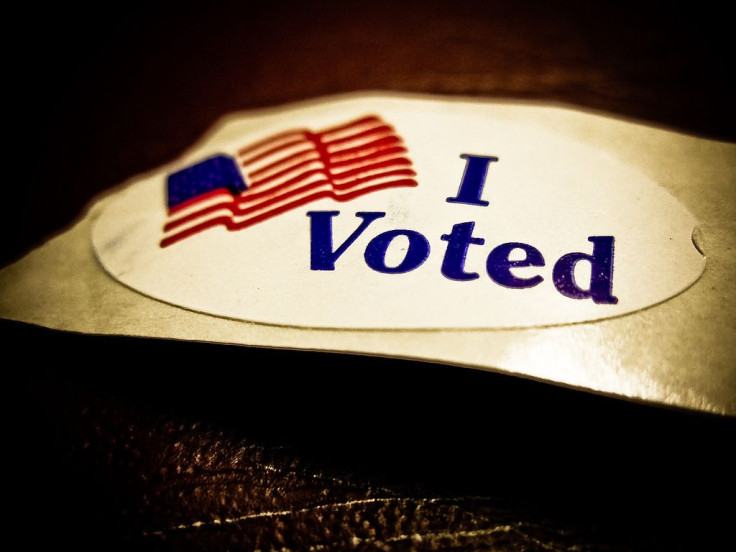Emotions And Politics: How Our Physiological Responses Give Away Our Political Inclinations

Politics has always been a topic that fires people up, but could it possibly be because our political inclinations are linked to our physiology? Researchers at Aarhus University in Denmark seem to think so. Analyzing what they call the “partisan bias,” researchers have found that our political affiliations are rooted in our affective, physiological processes that compel us to agree with all claims and legislation designed by that party, regardless of its content. When it comes down to partisanship, not all support is based on rational decision-making.
Previous studies have concluded that those devoted to a party will support that party’s policy, independent of its claim. However, when an alternate party proposed the same content, supporters would reject it outright. In a new study, researchers under Professor Michael Bang Peterson decided to take this one step further, attempting to discover if partisan inclinations are rooted in something more intuitive. Publishing their findings in the journal PLOS ONE, Peterson and his team believe they have found support of partisan bias being linked to affective and physiological engagement with a chosen party.
In order to measure activity in the sympathetic nervous system, the part of the body responsible for affective arousal, researchers attached electrodes to participants’ middle and index finger to better understand physiological responses.
“It’s hard to measure feelings, because they often involve a range of unconscious factors,” said Peterson in a recent press release. “But by the use of electrodes attached to the skin, we can measure the physiological reactions of the body and thereby determine a person’s affective reactions — regardless of whether the person is aware of the reaction or not.”
While attached to electrodes, participants viewed pictures of party logos of two different Danish parties on the left and ride side, in order to establish which party they had an emotional affiliation for. Researchers found participants who were aligned with a political party had a measurable physical reaction when presented with that party’s image.
But the study went another step further to find out more about the foundation of the partisan bias. For this, researchers showed subjects eight policy proposals from one party, and eight from the other, covering a wide range of political issues like lowering income tax and police officers’ right to wear religious symbols. In doing this, Peterson found evidence for his theory.
“We found that subjects who had a physiological reaction during the first part of the study showed greater partisan bias in the second part of the study,” Peterson said. “For example, a great deal of subjects who said they identified with the left-wing party tended to be sympathetic towards the party’s proposals. Yet, the striking finding was that being a self-professed party identifier was not sufficient on its own. Only among those who also exhibited a strong physiological response to the logo of the party were biased towards the proposals from their own party. It was the physical reactions of the body that determined the subject’s degree of bias. Our partiality seemingly stems from instinctive emotional reactions.”
As a result, researchers were able to link partisan bias not so much with rational decision making, but with a hardcore support that stems from emotions.
“Our results suggest that not all people are equally swayed by the person who presents the best argument,” Peterson said. “Affective reactions among sworn party identifiers will influence the degree of their agreement with proposals advocated by specific political parties — regardless of the quality of arguments present.”
No matter how much we want to debate it, political inclination is not devoid of our emotions.
Source: Peterson M, Giessing A, Nielsen J, et al. Physiological Responses and Partisan Bias: Beyond Self-Reported Measures of Party Identification. PLOS ONE. 2015.
Published by Medicaldaily.com



























